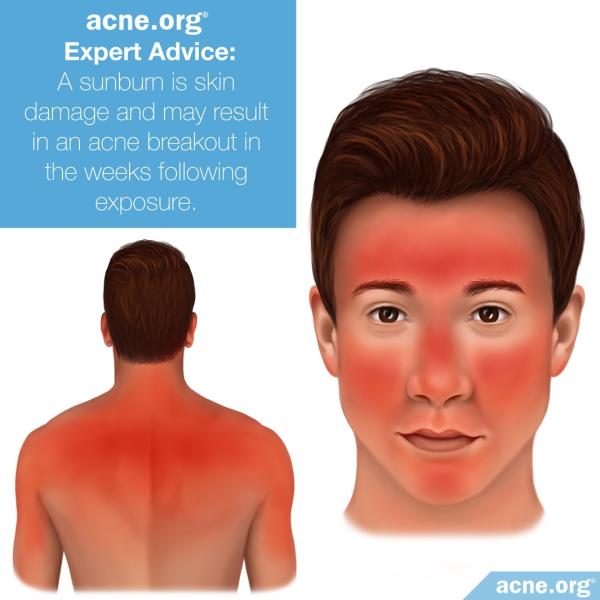Debunking the Myth: Does the Sun Help Acne? | |||
 1,435 1,435  0 0  0 0 | |||
| The idea that sun exposure helps acne is a myth. While sun's UV rays can initially dry out pimples and temporarily improve skin appearance, this effect is superficial and short-lived. Prolonged sun exposure damages skin, leading to inflammation, hyperpigmentation (dark spots), premature aging, and ultimately, worsening acne in the long run by increasing inflammation and potentially triggering more breakouts. Therefore, using sun exposure as an acne treatment is harmful and ineffective. Instead, consistent use of dermatologist-recommended acne treatments and sun protection with a broad-spectrum SPF 30 or higher is crucial for healthy, clear skin. The idea that sun exposure helps acne is a persistent myth, and a dangerous one at that. While some people might notice a temporary improvement in their acne after sun exposure, this is actually a deceptive effect, and the long-term consequences far outweigh any short-term benefits.
In conclusion, while the sun might temporarily mask the appearance of acne, it's not a solution and poses serious risks. Reliable acne treatments are readily available; always prioritize your skin's long-term health over short-term cosmetic improvements. Avoid using sun exposure as a treatment for acne. Tags: Acne Management Acne Treatment Dermatology Skin Health Skincare Myths Sun Exposure UVProtection | |||
| |||
| | |||
|
 3350
3350 